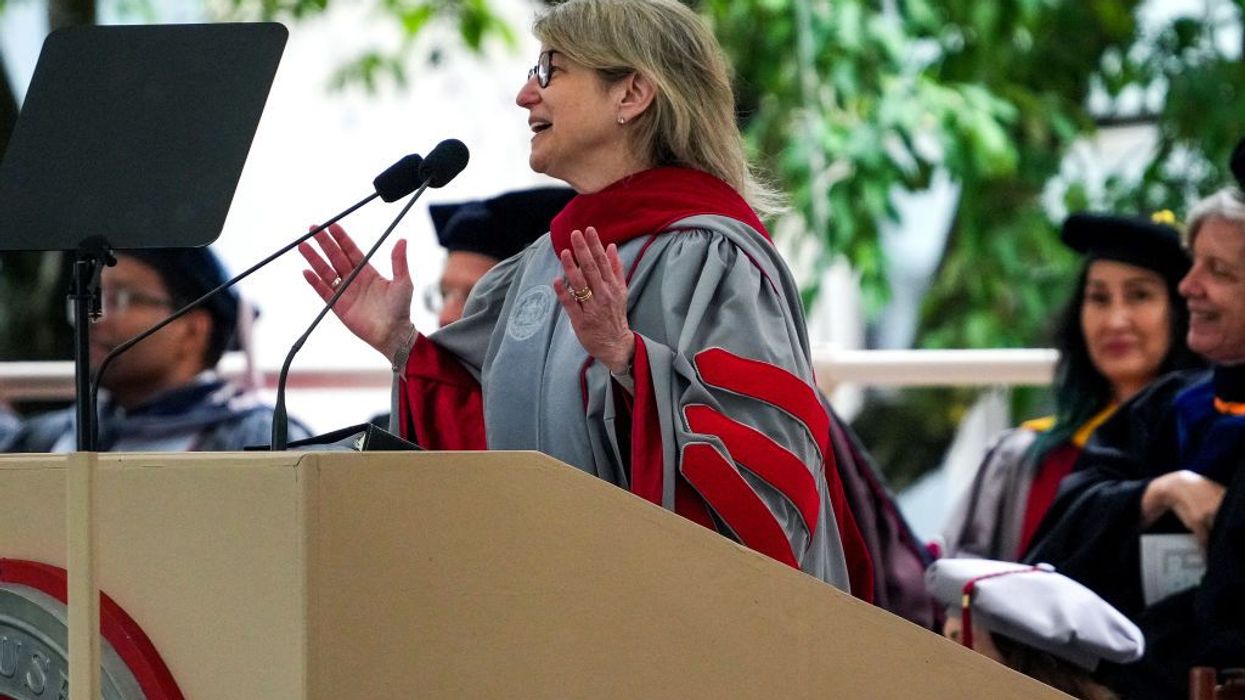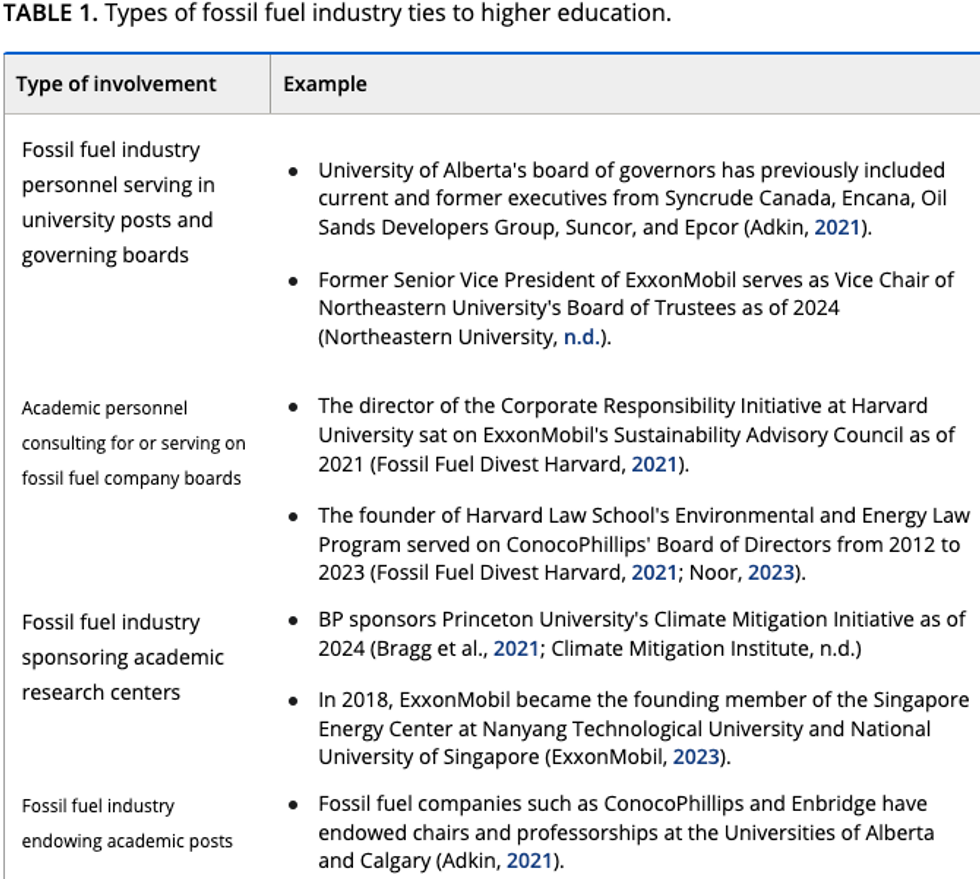'MIT Did the Right Thing': First School Rejects Trump Extortion Compact
"It put its students first and preserved the social fabric of its university life," said Amnesty International USA. "We hope other universities will follow suit."
The Massachusetts Institute of Technology on Friday became the first university to reject President Donald Trump's "Compact for Academic Excellence in Higher Education," which critics have called an "extortion" agreement for federal funding.
MIT and eight other schools—the University of Arizona, Brown University, Dartmouth College, the University of Pennsylvania, the University of Southern California, the University of Texas, Vanderbilt University, and the University of Virginia—were invited to sign the pledge earlier this month.
Sally Kornbluth, MIT's president, met with US Education Secretary Linda McMahon earlier this year and on Friday published her response to the administration's letter on the school's website.
"The institute's mission of service to the nation directs us to advance knowledge, educate students, and bring knowledge to bear on the world's great challenges. We do that in line with a clear set of values, with excellence above all," Kornbluth wrote. MIT "prides itself on rewarding merit" and "opens its doors to the most talented students," and "we value free expression."
Kornbluth continued
These values and other MIT practices meet or exceed many standards outlined in the document you sent. We freely choose these values because they're right, and we live by them because they support our mission—work of immense value to the prosperity, competitiveness, health, and security of the United States. And of course, MIT abides by the law.
The document also includes principles with which we disagree, including those that would restrict freedom of expression and our independence as an institution. And fundamentally, the premise of the document is inconsistent with our core belief that scientific funding should be based on scientific merit alone.
In our view, America’s leadership in science and innovation depends on independent thinking and open competition for excellence. In that free marketplace of ideas, the people of MIT gladly compete with the very best, without preferences. Therefore, with respect, we cannot support the proposed approach to addressing the issues facing higher education.
"As you know, MIT's record of service to the nation is long and enduring," she concluded. "Eight decades ago, MIT leaders helped invent a scientific partnership between America's research universities and the US government that has delivered extraordinary benefits for the American people. We continue to believe in the power of this partnership to serve the nation."
The decision to reject the compact was praised by current members of the university community, alumni, and others—including Amnesty International USA, which said on social media: "We commend MIT in its decision to reject President Trump's proposed 'compact.' In refusing to cave to political pressures, MIT has upheld the very ideals higher education is built on—freedom of thought, expression, and discourse."
"The federal government must not infringe on what students can read, discuss, and learn in school," the human rights group continued. "It is a violation of their academic freedom. MIT did the right thing: It put its students first and preserved the social fabric of its university life. We hope other universities will follow suit."
MIT's response to the Trump admin's proposed "compact" is excellent and should be a model for other universities. orgchart.mit.edu/letters/rega...
[image or embed]
— Jameel Jaffer (@jameeljaffer.bsky.social) October 10, 2025 at 10:14 AM
American Association of University Professors president Todd Wolfson similarly said in a statement to The New York Times that "the ability to teach and study freely is the bedrock of American higher education."
"We applaud MIT for standing up for academic freedom and institutional autonomy rejecting Trump's 'loyalty oath' compact," he added. "We urge all institutions targeted by the administration’s bribery attempt to do the same."
According to the Boston Globe:
MIT faculty are "relieved" by the school's position, said Ariel White, a political science professor and vice president of MIT's American Association of University Professors chapter. But they expect to see Trump employ his whole-of-government approach against the university in response.
"This offer looked like an invitation, but it wasn't," she said. "It was a ransom note. Now there is some risk that we will face reprisal."
What form that reprisal could take is not immediately clear. But White House spokesperson Liz Huston said Friday that "any university that refuses this once-in-a-lifetime opportunity to transform higher education isn't serving students or their parents—they’re bowing to radical, left-wing bureaucrats."
"The truth is, the best science can't thrive in institutions that have abandoned merit, free inquiry, and the pursuit of truth,” Huston's statement continued. "President Trump encourages universities to join us in restoring academic excellence and commonsense policies."
As Common Dreams reported earlier this week, campus activist groups at various schools are organizing against Trump's proposed compact, and the national legal organization Democracy Forward launched an investigation into the effort to strong-arm universities—which is part of a broader agenda targeting any entities or individuals not aligned with the administration.



 These are a few of the examples of Big Oil's links to universities cited in a study in WIREs Climate Change published on September 5, 2024.
These are a few of the examples of Big Oil's links to universities cited in a study in WIREs Climate Change published on September 5, 2024.